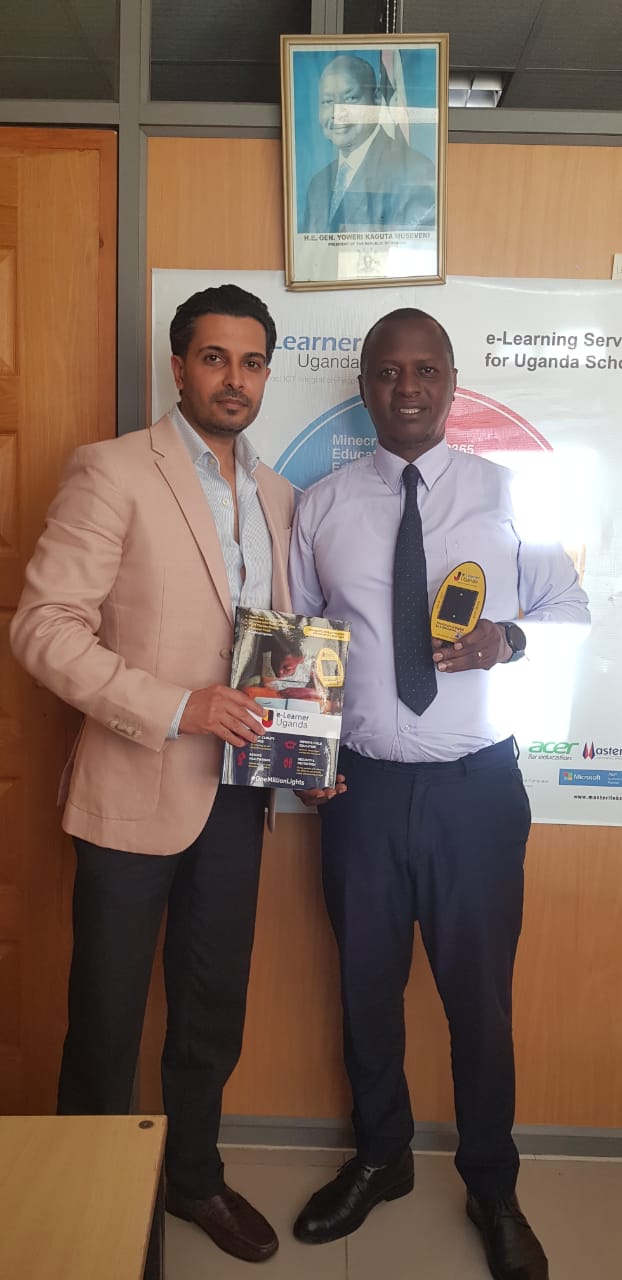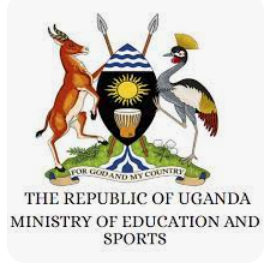solar light provides continued support for children in education, security at night for families while simultaneously fighting climate change.

Project Description
e-Learner is proud to introduce Africa’s most affordable solar reading light, a game-changer in the realm of educational tools and home essentials. This solar light is designed with simplicity in mind, making it easy for anyone to use. Its versatile design ensures that it can be used in various settings, whether for reading books, newspapers, or doing homework. The ultra-portable nature of the light means it can be carried anywhere, ensuring that learning and reading can happen at any time, in any place.
By providing this innovative solution, e-Learner helps families eliminate the need for expensive and hazardous fuel-based lighting, significantly reducing household expenses. With the savings made, parents and children can redirect their resources towards education, enhancing their study environments, and improving their overall quality of life. This solar reading light also promotes better health by reducing exposure to harmful fumes from traditional lighting sources. Ultimately, it enables families to invest in their education, enjoy their leisure time, and secure a healthier, brighter future.
The project aims to:
- Light-up EVERY HOUSEHOLD in Urban & Rural Areas
- Improve Children’s Education
- Empower Youth
- Impact Climate Change Positively
- Reduce Health Risks
- Increase Safety & Security
- Raise Awareness of Renewable (solar) Energy
Education: With access to this bright, safe, clean and free light, children can do extra hours of homework and reading each day. Studies have shown improvements in performance, attendance, concentration and motivation of pupils at school.
Health, Safety & Security: Elimination of using a kerosene lamp reduces indoor air pollution and an improvement in health as a result; including a reduction in coughing, chest problems, eye irritation and illness.
Environment & Climate: Each kerosene lamp emits on average 370kg of CO2 and equivalent in the form of black carbon, each year (1.1 tonnes over 3 years). Eliminating toxic black carbon is a quick and effective way to mitigate climate change.
Household Income: Lighting is often the most expensive item in the household budget of Africa’s poorest families, typically 10–15% of total household income. When families switch from kerosene to solar they can save up to $96 annually; additional income is spent on food, education and investment in livelihoods.

The 2030 Agenda for Sustainable Development, adopted by all United Nations Member States in 2015, provides a shared blueprint for peace and prosperity for people and the planet, now and into the future. At its heart are the 17 Sustainable Development Goals (SDGs), which are an urgent call for action by all countries - developed and developing - in a global partnership. They recognize that ending poverty and other deprivations must go hand-in-hand with strategies that improve health and education, reduce inequality, and spur economic growth – all while tackling climate change and working to preserve our oceans and forests.

